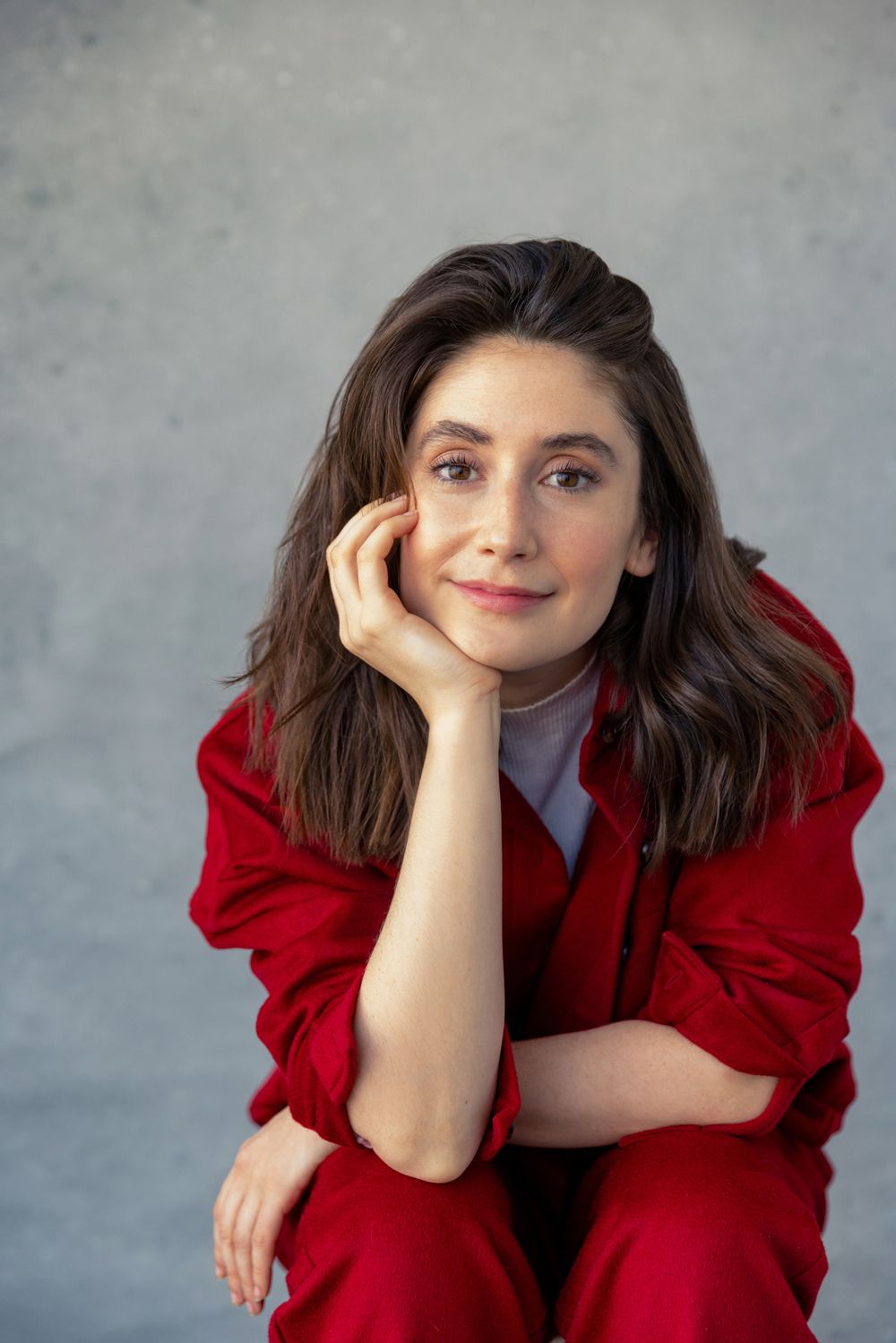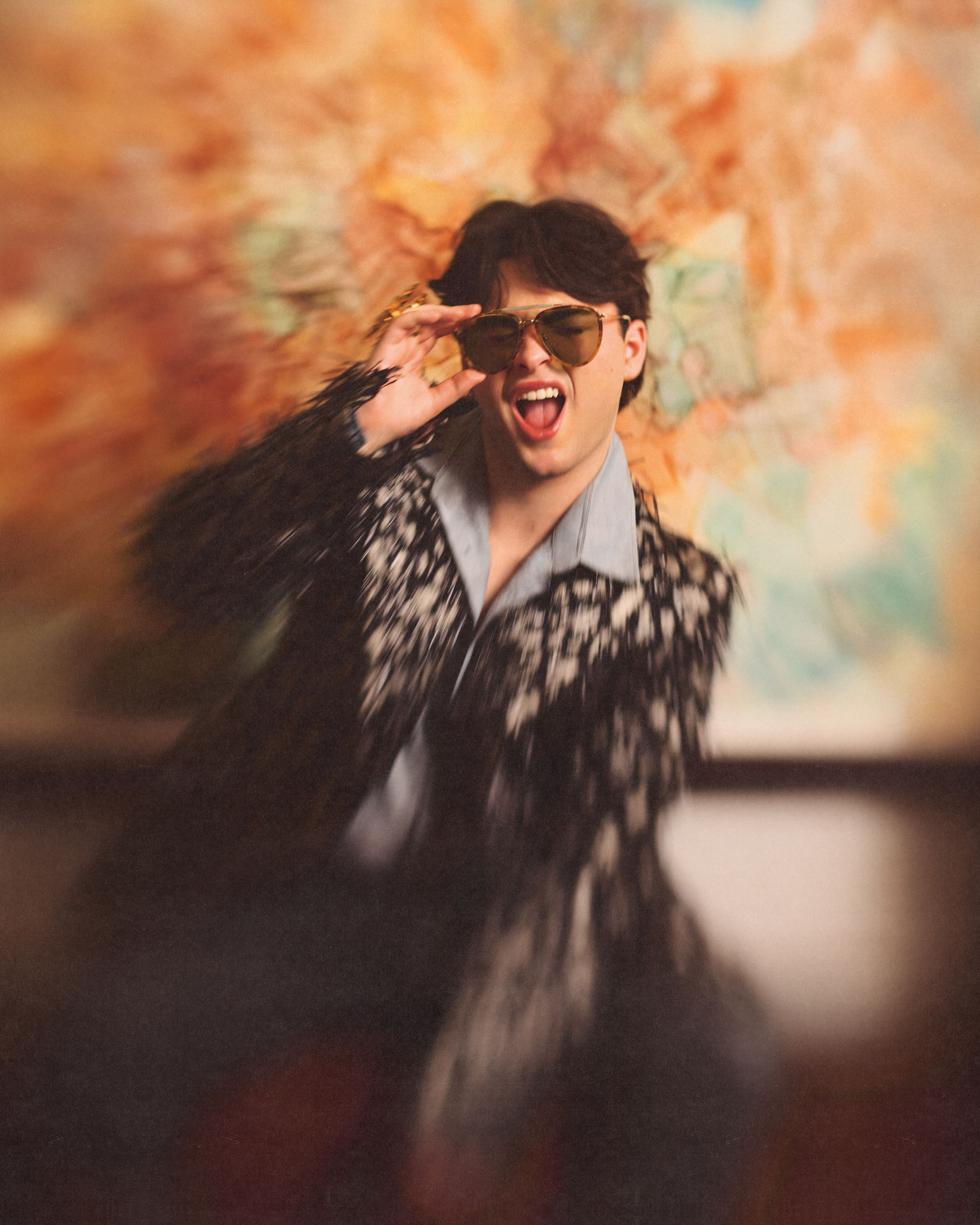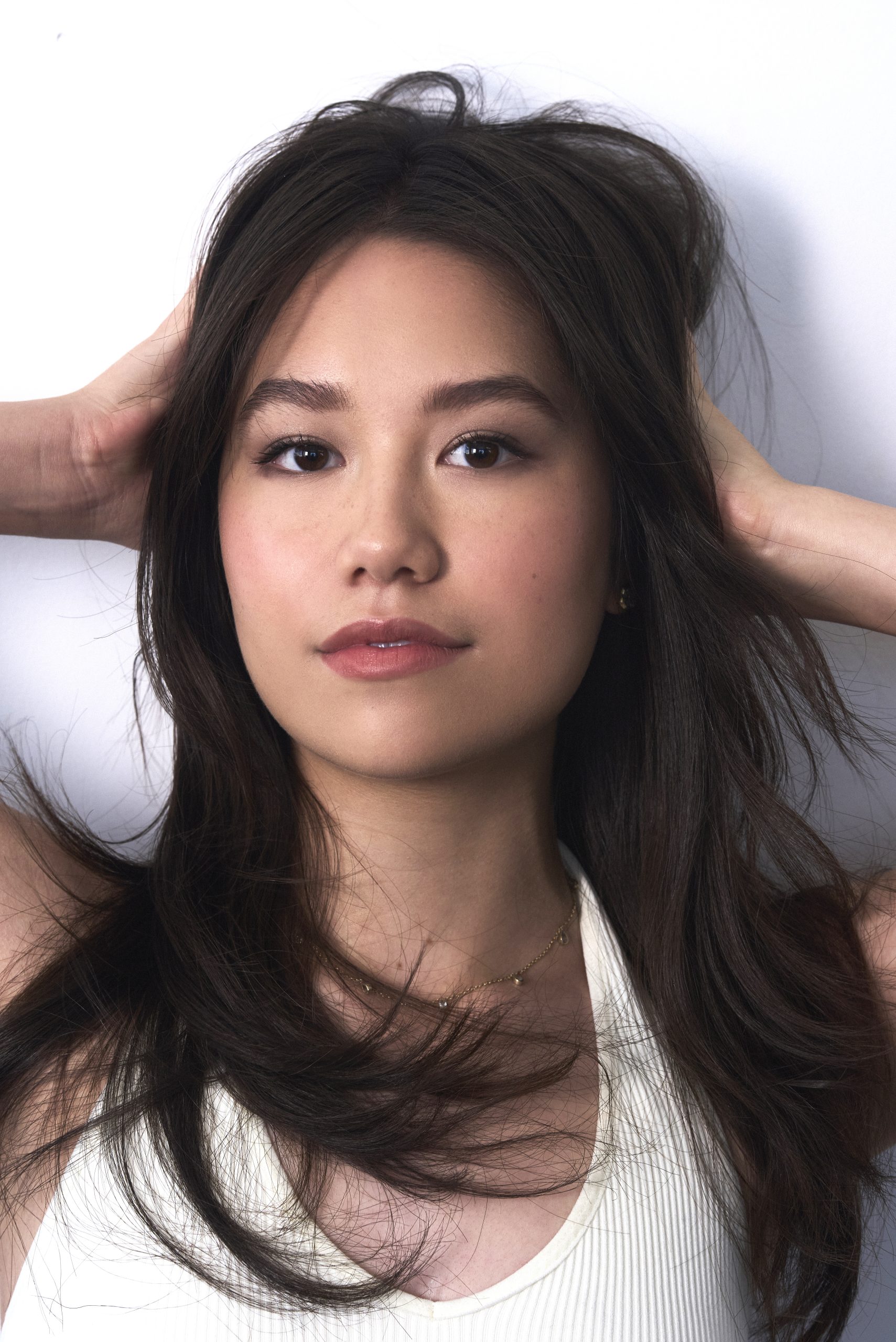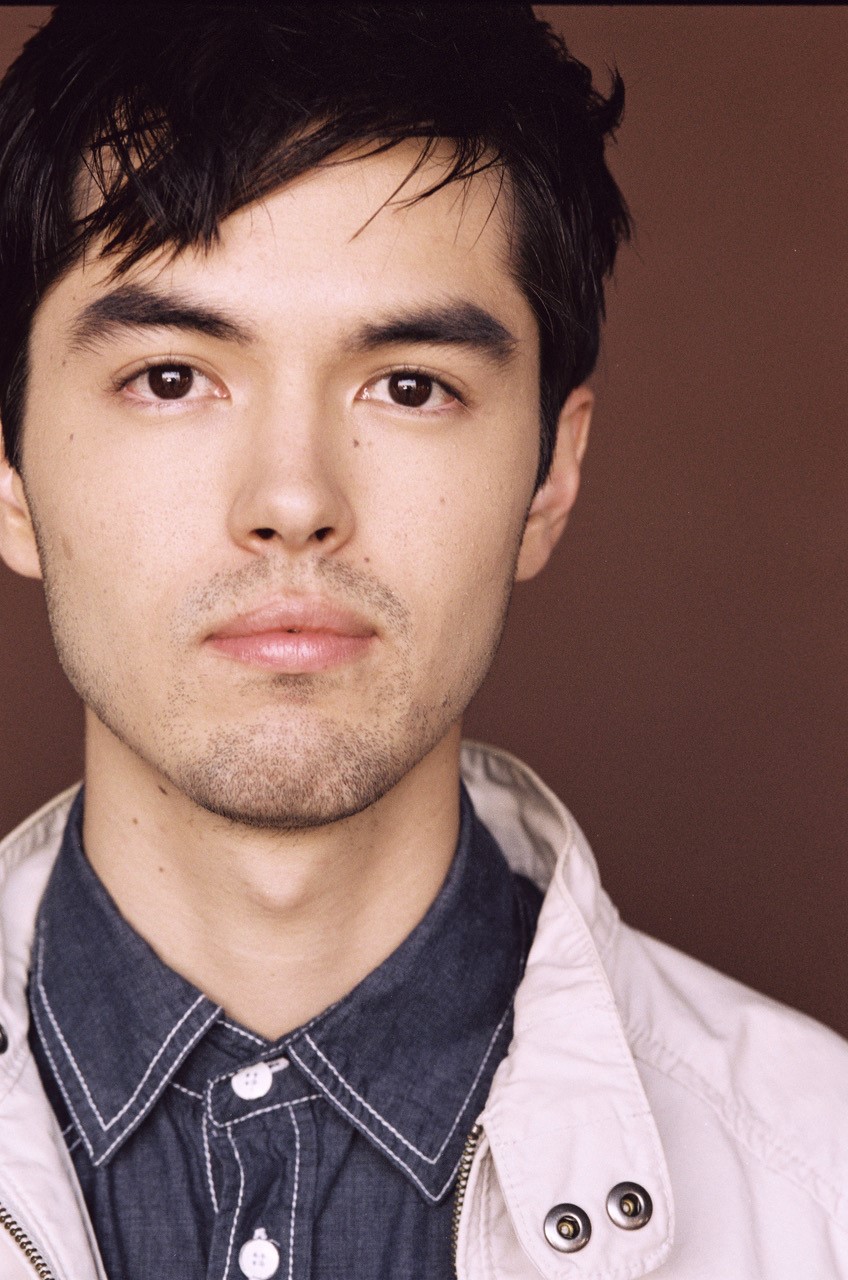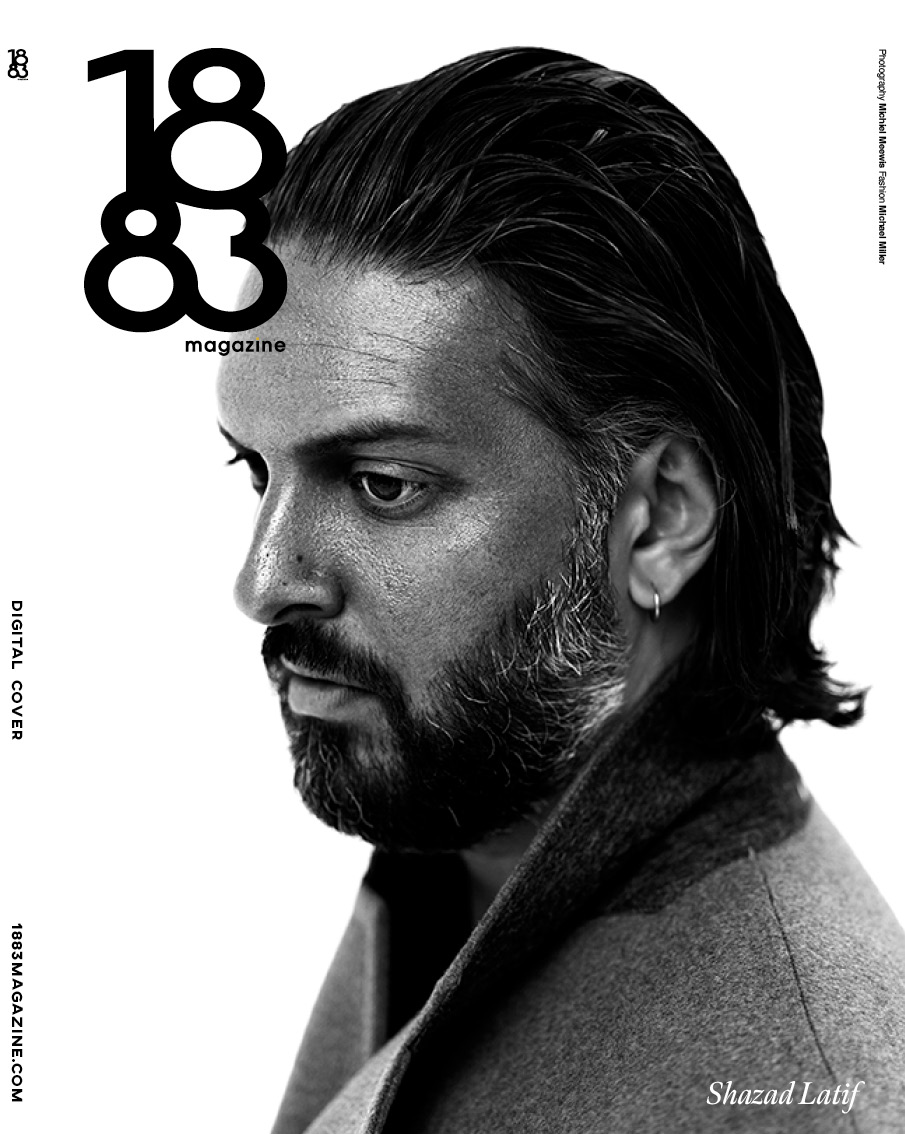Charly Clive is taking on the role of Sarah in the brand-new Sky Max Action-thriller The Lazarus Project, which follows George, played by I May Destroy You‘s EMMY and BAFTA-nominated Paapa Essiedu.
He is an everyday guy living his life alongside his girlfriend, Sarah, until he wakes up and realizes that he reliving one day months in the past. Upon realizing he is the only one who seems to be living in this past, unsure about his reality, whether he is going crazy or losing his mind he is then recruited to be part of the Lazarus Project, a secret organization that can turn back time every time the world is at threat of extinction.
Charly takes on the dramatic role of Sarah portrayed as the calm levelheaded girlfriend of George. Sarah is more than just a girlfriend, providing an antidote of level-headedness and providing an element of realness to George’s ever-changing reality. The show which spans over 8 episodes is spookily close to home considering the pandemic that has been a reality for the past 2 years. It speaks to taking charge of what is beyond our control that have some very big consequences.
We spoke to Charly about creating the multi-dimensional layers of Sarah, acting alongside Paapa Essiedu, her transformation from comedy to drama as well as the female representation in the show.
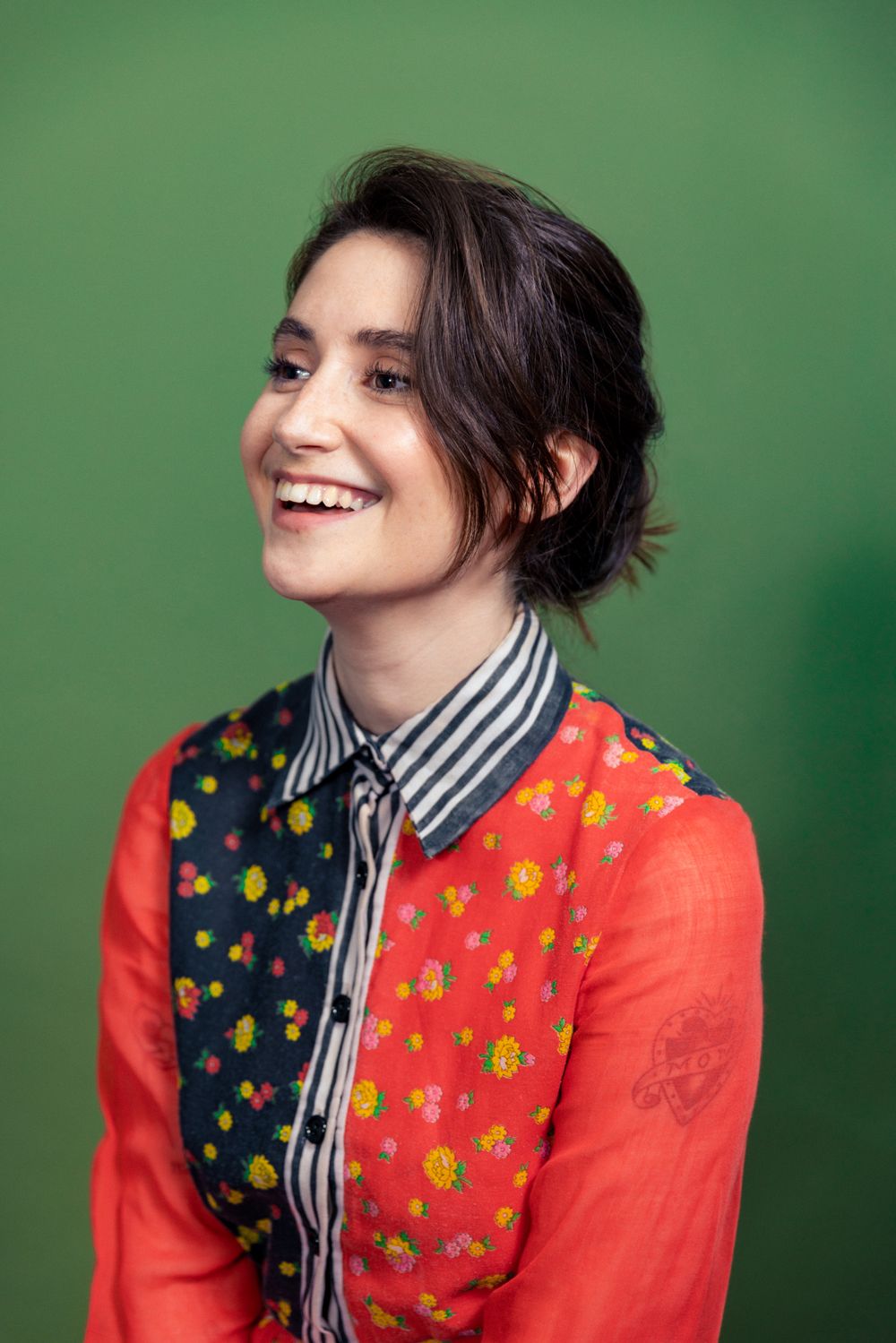
What were your initial thoughts on the show when you read this script?
When I first read the script, I was reading a small section for my audition, so I just got certain scenes in the first episode, and it seemed to me like it was a nice love story between these two people, Sarah and George played by Paapa Essiedu. But then when I read the full script, having got through that first audition I realized it was sort of a mad action sci-fi situation and that’s when I was like, oh, wow, this is a very interesting project. And I got even more excited because my role within this insane world the writer Joe Barton created, is the heart and the anchor for Paapa’s character. So it made my interest in the piece much more prominent.
In terms of the dynamic between yourself and Paapa, how was it establishing that relationship between your two characters?
It’s a really interesting one for me because my character is not experiencing all of the things that his character is. And so for him, I represent the life that he knows and loves and has worked very hard to cultivate aside from the Lazarus project, which is something that he’s thrust into. So for me, my character, my job as an actor was to make that character more than just the idea of something, to somebody else. So even though Sarah represents a lot to George, she is her own woman with her own needs and interests and motivation She’s not just the girlfriend, she is many things. She’s funny, she’s romantic, she’s like anybody in a long-term relationship. And for me, it was fun to play that reality, but it was also fun to play opposite Paapa who often is not bringing that same reality. He’s bringing the reality of his extraordinary life experience that he is going through with these time loops.
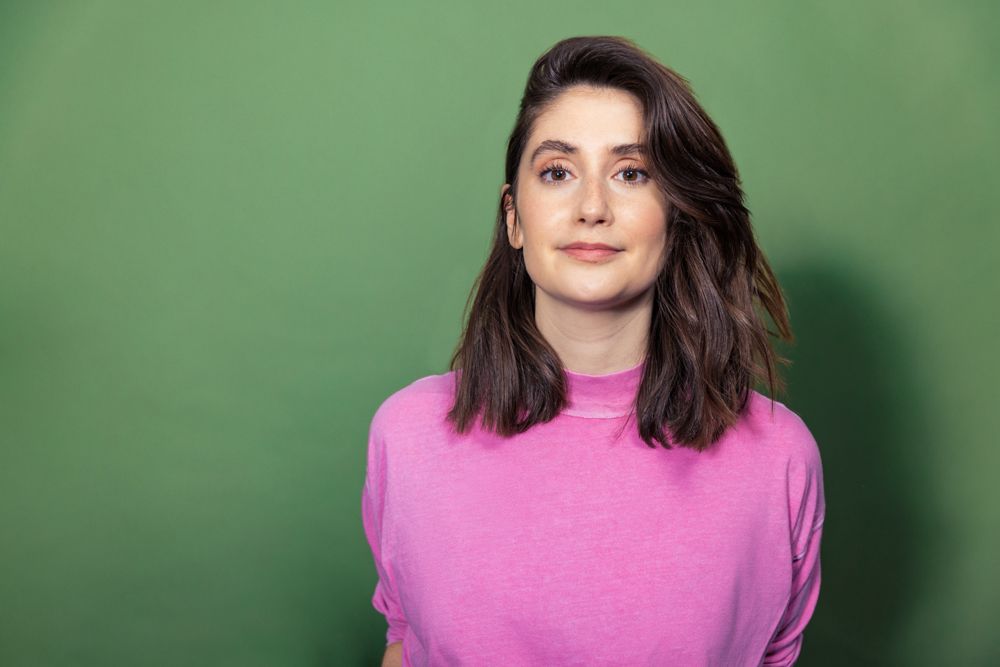
How was the filming experince of shooting a series during a pandemic that has it premise based in an alternative version of reality?
We filmed the whole thing during the lockdown of last year. So it was, it was an interesting one in terms of meeting everybody and forming a rapport with the cast crew, but because Paapa and I worked so much together it felt nice. I feel very grateful that we did it when we did it because due to what was happening in the real world it was sort of needed. We were able to fully commit to everything because it was the most exciting thing that could be happening for us, filming that series while the rest of the world is sort of standing still, it was quite surreal. It also gave this interesting sense of perspective over what we’re all hoping to get back. Everyone kept talking at the time about what will the new normal look like. And we were filming a show all about that, about people striving to keep normality or to create a new normal.
How do you feel your character Sarah progresses throughout the season?
I think that Sarah’s world is a consequence of his (George’s) actions and behaviour and everything that he knows about the Lazarus Project, as he tries to keep it from her. And I think that can affect a lot of relationships in terms of somebody having a secret and somebody trying to protect someone else from that secret. We see them so united in the first episode, so it is really about what happens when they’re not on the same page anymore. Even though George is doing it for the right reasons, if you’ve kept in the dark, you can’t be a team. I think for Sarah, it’s about sort of realizing who she is within a relationship that doesn’t feel the same anymore and not knowing why. There’s a journey of independence that Sarah goes on which was interesting to play as an actor and very interesting to read as a fan of television because I think it’s very real. It’s nice to see as the show goes on that Sarah (who we see from George’s positive point of view) is a flawed character, just like everybody else. Her issues are much more domestic compared to the others, but it doesn’t make them any less important. Sarah makes all the choices in her life, which create a big change whereas George doesn’t have that luxury when he is in the project, so they almost end up as opposites within this strange time loop world.
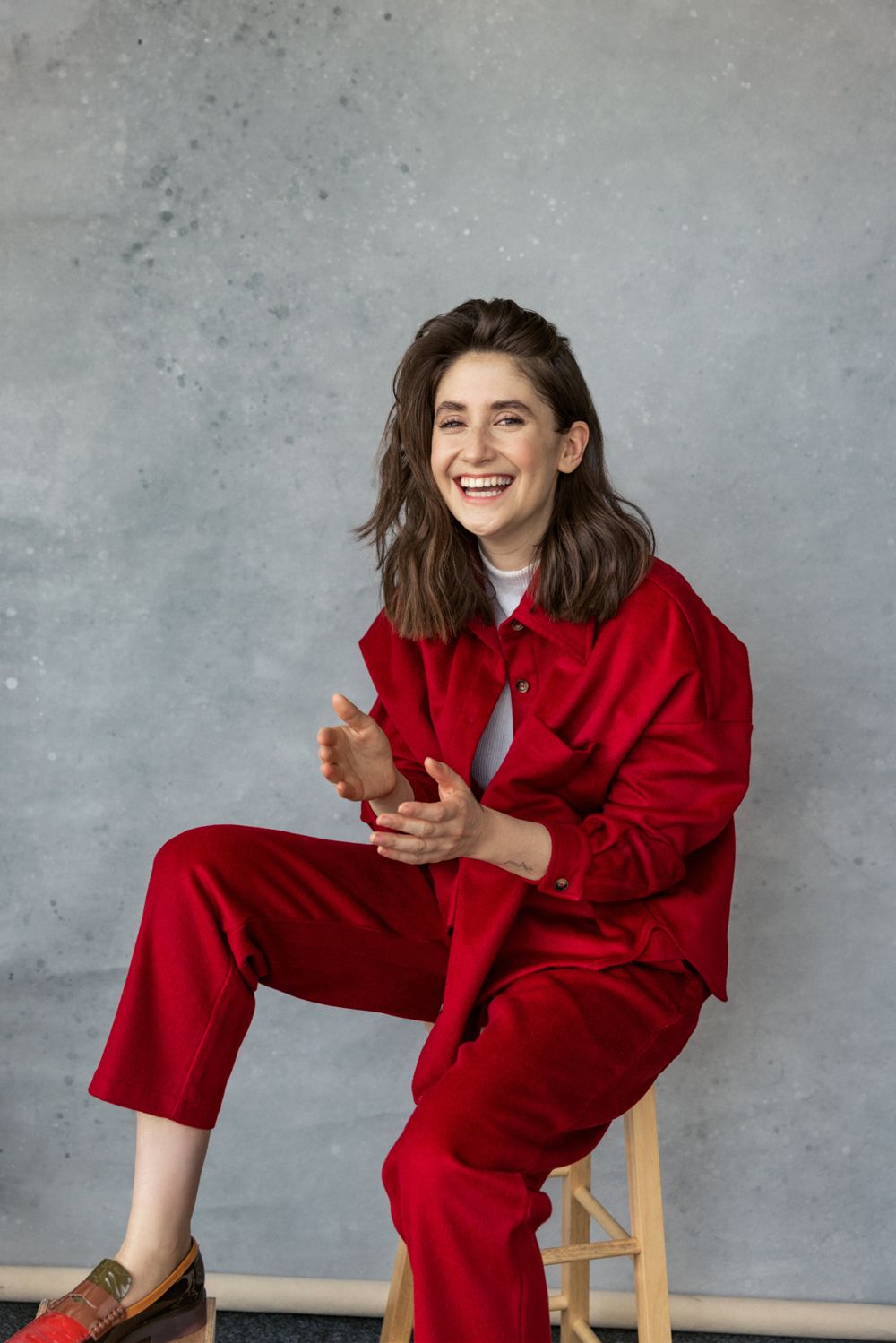
How do you and Paapa build and grow dynamic between your characters thoughout the series?
It was definitely a partnership and something that we worked on together, as well as with Joe (the writer) and the directors we had come on. Papa and I were very keen that the relationship should always feel comfortable. We wanted people to look at George and Sarah and go, wow, they’re a great couple, but we also wanted to look at them and say, they’re real. It’s not a rom-com by any means, they are a real couple who live these lives and have to pay their rent, set an alarm for work and do normal everyday things. We wanted to also make sure that they were fun and young because the great thing about the characters that Joe has written is that they are at that strange time in their life where they’re approaching 30 or in their early thirties. With Paapa it was great, we got on very well throughout the entire time. He’s one of my great friends now, we had to spend a lot of time together, so we got to know each other very well. A lot of the scenes that we do are quite tense or involve intimacy as we’re showing a couple in love, but we always tried in between to make each other laugh and bring each other back to earth and make sure that we and everyone else felt comfortable all the time so we could keep building and exploring that relationship.
In terms of the overall experience of playing Sarah what would you say were some of the challenging and enjoyable moments for you?
One of the challenges would be having to approach every scene as though I didn’t know what was going to happen for the rest of the show. So I couldn’t have an opinion on something that George was going to do two scenes later because when we were filming it at that moment, my character obviously wouldn’t know. And knowing everything as Charly the person reading the scripts and knowing exactly what George was going through, the challenge was to be completely numb to his experience. As well as thinking how I keep this character likeable and not make her a nagging girlfriend who is demanding her boyfriend’s time despite everything he is going through. We see that on TV so much, we see this stereotypical woman who just wishes her boyfriend would come home from work early enough to have dinner with her and it’s boring. I don’t think that’s a particularly fair way to show the majority of women on screen. The bits I enjoyed were the more dramatic moments I had to play, some of which come in some of the later episodes. Paapa and I are almost in this dramatic dialogue of two people trying to make a relationship work and the rest of the show is this high-octane adventure, with lots of ends of the world and other people going through extraordinary hardships and traumas and victories. That was a fun experience because I usually play a comedy where I know exactly where to find the joke in a scene. This was a really exciting thing to do, probably the biggest thing I’ve done in my career in terms of dramatic work.
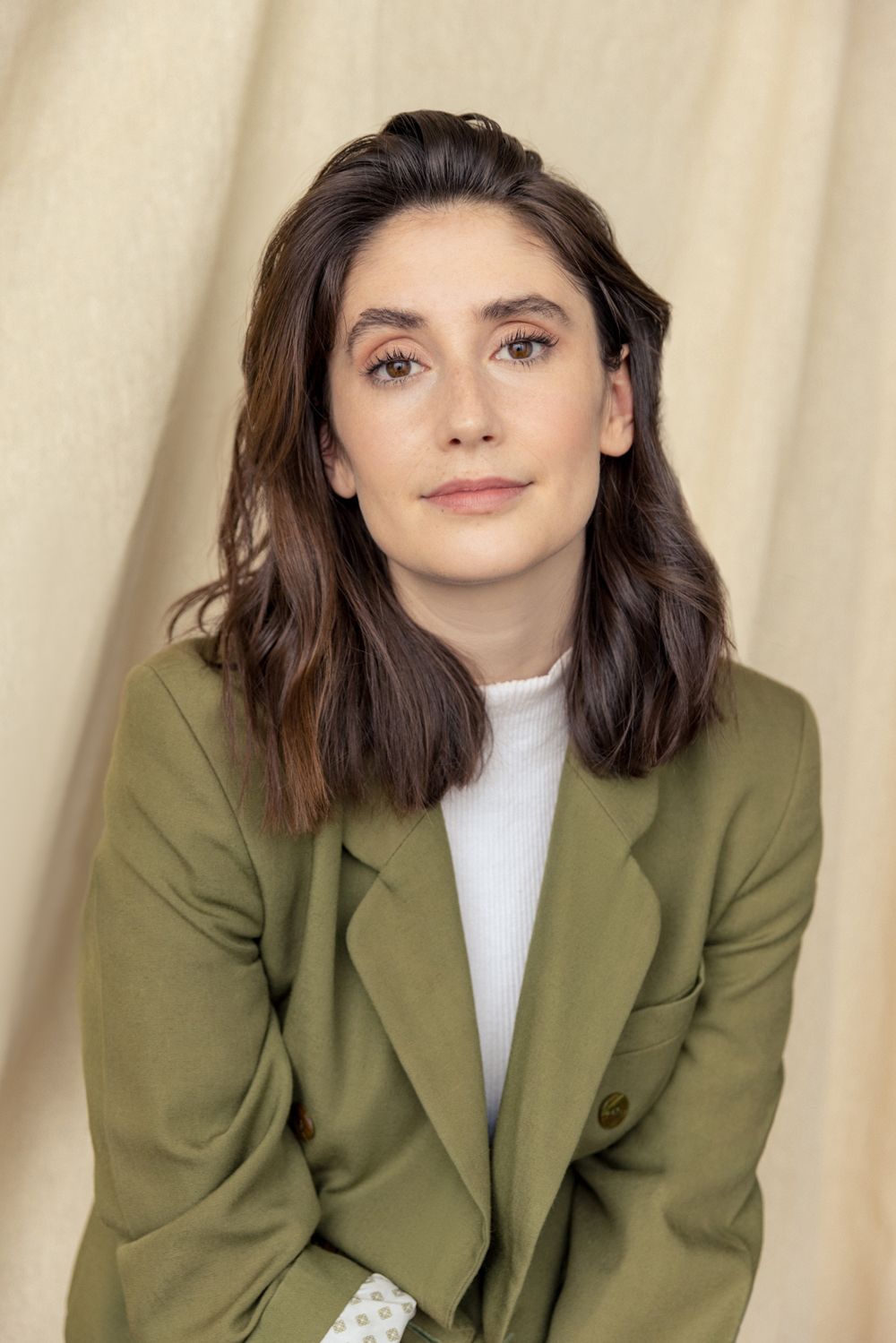
In terms of your comedic background as an actress, what has it been like for you stepping into a dramatic role and the transformation it requires?
I think they’re so similar (comedy and drama), and actually if you boil it down, the thing with comedy is that usually the person at the expense of the joke doesn’t realize that the situation is funny. And so it’s about playing the drama and tense moment without trying to make people laugh at it, but take a look at it and go, God, that’s difficult. And also, trying to react in a way that you really would react in real life. That’s why I was saying I’m so glad that Sarah and George are written the way they’re written, it’s very easy, I think in relationships to try and gloss over the problems rather than say, what’s going on, but they can’t do that. It felt like in the first few episodes I understood why I had been cast because Sarah is quite risky and she’s funny. She sees things very glass half full and that sort of changes throughout the series. So it felt like a slow transition into a realistic journey of somebody starting at a very high point and finishing at a lower point. But the great thing about the way Joe has written Sarah is that you do know that as she’s got a sense of humour she can laugh at certain things. You don’t worry about her too much because you know that she probably has the mental capacity to get through these things, and that is tested to its limit in the Lazarus project. That’s where I felt like my background in comedy came in use.
As you built Sarah’s character throughout the series did you have an idea of where you saw her going? Or did you base it purely on the writing of each episode?
When I first approached building the character I had some pretty good indicators about the things that would be important to her. She’s a teacher, so she has to be quite patient, she’s a good listener, and she’s resourceful. And I think if you are somebody that teaches young children, you have to be able to think on your feet and expect the unexpected. So I knew that she had certain capabilities that might be able to come in handy and things that I could then use. And something that I wanted to incorporate with Sarah a lot was that she tries to find the logic in the madness. So, rather than a character who’s constantly stunned or constantly annoyed, I don’t think Sarah is somebody that deals with extremes. She finds the middle ground. She is a character who is very aware that it’s not things aren’t just black and white. Playing that that was fun playing somebody who I felt could be quite multilayered but in a subtle way. The direction was always like, what do you think’s gonna happen in this situation for Sarah? And that was nice because when you think of something like sci-fi you think of a big drama and action, complex plots, which there are many in The Lazarus Project, but also the characters are ordinary people and are just trying to find a way to live as happily as they can. We never really played the drama, we just tried to play how do I get through this day and make it somewhat natural and realistic. Hopefully that’s what sets it apart from other shows in this genre, it’s the tone of the show.
They way female characters are depicted is very different from what you normally see sci-fi, how imported was this for the dynamic of the different female representations in the series?
Something I like about this show, in general, is the representation of women. I think it’s very varied and exciting. You have Anjli Mohindra’s character, Archie who is completely fearless and bold, sort of like the soldier of Lazarus. And then you have Caroline Quentin’s character, Wes who’s the boss and seemingly under a lot of pressure to do the right thing and make an extraordinary decision. And then the Janet character tends to be the most sound of all of the characters, which she shows in motherhood and strength and has a very intense, journey in the show. And then of course I feel Sarah is the lighter part of all of that. She is George’s joy and his driving force for good. I think it’s important to show that women aren’t just one thing and you don’t have the stereotypes of what they should be. Like any group of people in the world, everybody is different, that is very much reflected in the female characters and all the characters on the show.
With the show out now, what can people expect from The Lazarus Project and why should they tune in?
It is not like any other sci-fi you would’ve seen before. It’s almost a domestic look at the end of the world, which is fascinating. People will probably watch the show for the car chases, the espionage and the bigness of it all, which is all completely thrilling and amazing. But I think people hopefully will stay for the characters. The stories that Joe has created are so character-driven and it’s so interesting. I didn’t get to see much of the performances when we were filming it because we were so strictly quarantined away from each other unless we had scenes together. So having seen it now I’m able to completely appreciate how extraordinary the performances were, particularly Paapa who is the most extraordinary leading man. He is completely believable. He is very funny and likeable. In all of the decisions that his character makes, there’s something about how grounded his performance is makes you trust wherever you are going with this guy, you want to get to the end of the episode. That’s been a really exciting thing to see how phenomenal he is in this.
The Lazarus Project can be seen on Sky Max. Follow Charly via @charlyclive
Interview Seneo Mwamba
Photography The Other Richard Studio

